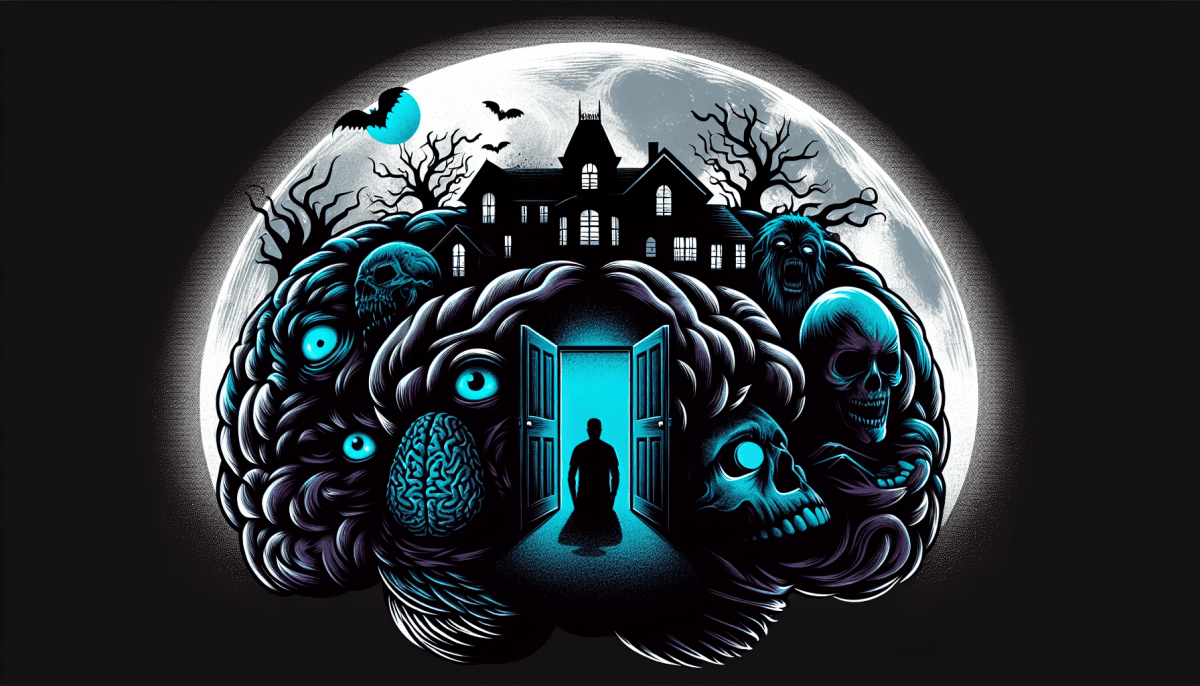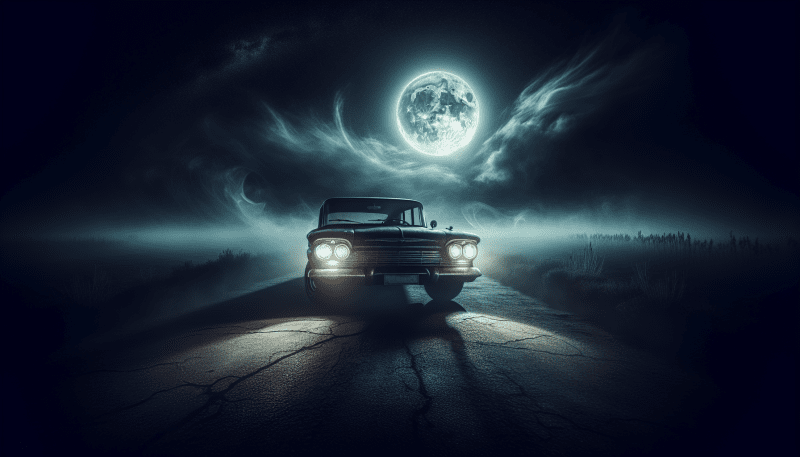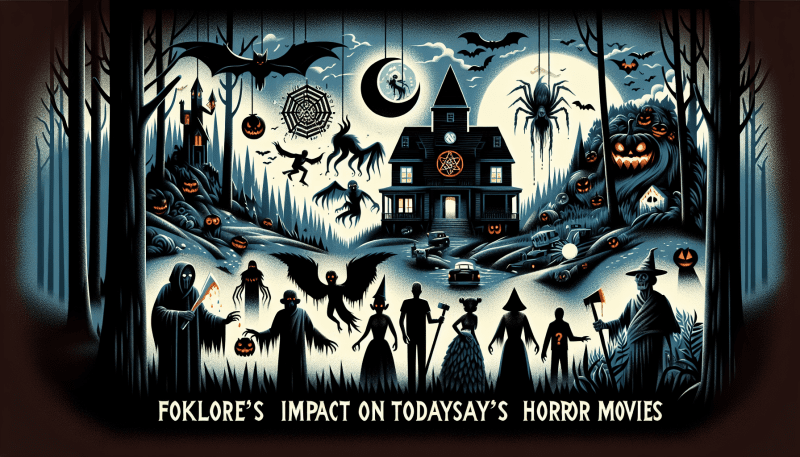Horror has a unique way of pulling us in, doesn’t it? While many people enjoy the thrill of a good scare, there's a deeper layer to it. Understanding how horror affects our psychological health can open up conversations about fear, stress, and even resilience. It’s interesting to see how a film or a novel can evoke real emotions and responses.
When we watch horror movies, our brains react as if we’re facing a real threat. This can trigger a fight-or-flight response, releasing adrenaline and making our hearts race. For some, this is exhilarating! It gives a rush that people often seek out. However, for others, it can lead to anxiety or stress that doesn’t just turn off when the movie ends.
What’s fascinating is that horror can also act as a coping mechanism. Engaging with scary stories lets us explore our fears in a safe environment. It might sound odd, but confronting fear through horror can actually help improve our emotional resilience. It’s like going for a workout – you’re putting stress on your system, but you come out stronger on the other side.
On the flip side, some individuals might find that horror triggers negative emotions or memories. It’s essential to pay attention to your reactions. If a horror flick leaves you feeling anxious or disturbed long after it’s over, it might not be the right choice for you. Understanding how horror affects our psychological health means being aware of our comfort levels and personal boundaries when it comes to fear.
Common Psychological Responses to Scary Content
When we dive into scary movies or read spine-chilling novels, our minds go through a rollercoaster of feelings. It’s not just about the jump scares; it’s about the way our brain processes fear. One common response is an increase in adrenaline. You might feel your heart race or your palms get sweaty—this is your body’s natural reaction to fear, getting you ready for fight or flight.
Another response is the phenomenon known as “psychological arousal.” This means that horror content can make us more alert and aware. It’s a bit like an emotional workout. After experiencing something frightening, you might find yourself more in tune with your surroundings, which can feel a bit exhilarating. This raises an interesting question about how horror affects our psychological health: does a little bit of fear help us build resilience?
Of course, not everyone enjoys the thrill of horror. For some, scary content can lead to anxiety or even nightmares. This is completely normal and suggests that our individual experiences shape how we respond to fear. Understanding that your feelings are a natural response can make it easier to process them. Remember, everyone's threshold for fear is different, and that's okay!
Lastly, horror can also serve as a way for some people to confront their fears in a safe environment. Watching a terrifying movie allows audiences to experience fear without real-life consequences. This exposure can help people work through personal fears or anxieties when approached with the right mindset. So in that sense, exploring how horror affects our psychological health can actually encourage personal growth for some. It’s all about the balance and knowing what works for you!
How Fear Shapes Our Emotions and Thoughts
Fear is a powerful emotion, and it can do lots of things to our thoughts and feelings. When we watch horror movies or read scary stories, our brains react in interesting ways. That chill running down your spine? It’s not just for show! It’s a signal that our body goes into fight-or-flight mode, which can stir up a mix of emotions that linger long after the credits roll.
This surge of adrenaline can be exciting for some people, turning a scary moment into a thrilling experience. But for others, it can lead to anxiety. It’s fascinating how our minds work in these situations. Some folks find horror inspiring—it pushes them to confront their fears head-on. Others might struggle with the aftermath, feeling jumpy or on edge. It’s a reminder that how horror affects our psychological health can vary from person to person.
Interestingly, fear also helps us bond with others. Watching a scary movie with friends can create a shared experience, leading to laughter or relief when it’s all over. This connection can be comforting, showing how fear doesn’t just tear us down—it can bring us together, too. The emotional rollercoaster can remind us that we’re not alone in facing our worries.
In short, fear shapes our emotional landscape in profound ways. Whether it’s the thrill of the scare or the anxiety it brings, understanding how horror affects our psychological health helps us navigate our reactions. It’s all part of the beauty and complexity of the human experience—and, let’s be real, it's part of what makes horror so captivating!
Finding Balance Between Fear and Enjoyment
When it comes to horror movies or spooky stories, it's all about finding that sweet spot between fear and enjoyment. Why do we put ourselves through the tension and suspense? It turns out, there's a fascinating balance we can strike here that plays a vital role in how horror affects our psychological health.
On one hand, fear can trigger a rush of adrenaline and bring an exhilarating experience. It's like a roller coaster ride for your emotions! This thrill can lead to feelings of happiness and satisfaction afterward, almost like a cathartic release. You know that sense of relief when a scary scene is over? That’s your brain rewarding you for facing fear head-on.
But let’s not ignore the darker side. For some, diving too deep into horror can lead to stress and anxiety. Endless nights filled with terror can leave us feeling unsettled. It’s crucial to be mindful of your limits. Take note of how certain films or stories sit with you. Are you feeling dread long after they’re over? If so, it might be a sign to dial it back a bit.
So, what’s the key? Balance is essential. Enjoying horror can boost your mood, but it's equally important to listen to your feelings. Maybe mix in a light-hearted comedy after a particularly chilling flick, or discuss your fears with friends afterward. This way, you manage how horror affects our psychological health positively, and keep the fun in frightening experiences!



